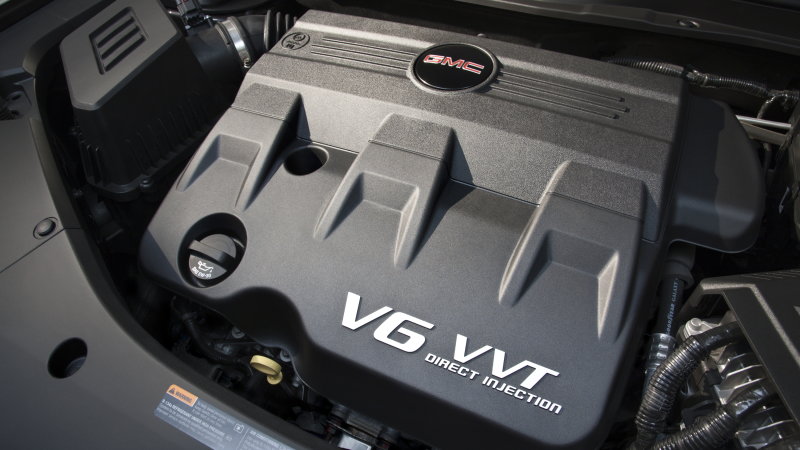The exhaust gas recirculation valve is a component commonly found on many road going vehicles. It is a part of the vehicle’s exhaust gas recirculation (EGR) system, an emissions system that is designed to recirculate exhaust gases back into the vehicle’s intake in order to reduce cylinder temperatures and NOx emissions. The EGR valve is one of the main components that controls the flow and recirculation of these exhaust gases. When the valve is opened, exhaust gases are allowed through the vehicle’s EGR system to help control vehicle emissions. When the EGR valve has an issue, it can cause problems with the flow and operation of the EGR system, which can lead to increased emissions and performance issues. Usually a bad or failing EGR valve will produce a few symptoms that can alert the driver of a potential issue.
1. Engine performance issues
One of the first symptoms of a problem with the EGR valve is engine performance issues. A clogged or malfunctioning EGR valve can disrupt the vehicle’s air-fuel ratio, which can cause engine performance issues such as a reduction in power, acceleration, and even fuel efficiency.
2. Rough idle
One of the most common symptoms of a problem with the vehicle’s EGR valve is a rough idle. It is not uncommon for EGR valves to malfunction and become stuck in the open position. This can lead to exhaust gas recirculation to occur causing a rough idle even when the conditions are not desirable.
3. Check Engine Light comes on
An illuminated Check Engine Light is another symptom of bad or failing EGR valve. If the computer detects an issue with the vehicle’s EGR valve circuit or position, it will set off the Check Engine Light in order to notify the driver of the issue. The Check Engine Light can also be activated by a wide variety of other issues, so having the computer scanned for trouble codes is highly recommended.
The EGR valve is an important emissions component, especially for vehicles in states with strict emissions regulations. If you suspect that your vehicle’s EGR valve may be having an issue, have the vehicle inspected by a professional technician, such as one from YourMechanic, to determine if the vehicle needs an EGR valve replacement.
Original Post : https://www.autoblog.com/2019/06/05/symptoms-of-a-bad-or-failing-exhaust-gas-recirculation-egr-val/







